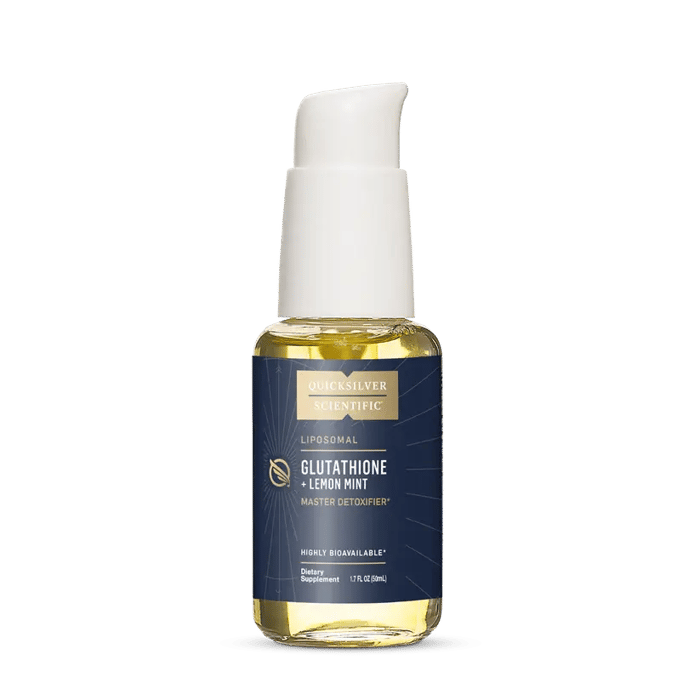Benefits of Methylene Blue—A Powerful Tool for Mitochondrial Support
Table of Contents
Methylthioninium chloride, as it is known in the scientific literature, is a salt that has commonly been used as a medical marker and an indicator dye. However, it is, in fact, a very versatile compound with a long history. This surprising chemical formula has more to it that meets the eye. In this article we will explore the various uses, history and benefits of methylene blue.
What is methylene blue?
The pure deep sea blue colour is not accidental, as methylene blue was developed by Heinrich Caro in 1876 as a dye. Only later on did it find usage outside of chemical reactions and in the medical field. In 1891 it was used for treating malaria, because the scientists believed that it harmed the pathogen's cell walls by dying it. Indeed, methylene blue is able to reduce transmission of malaria, although the way it works differs from how it was described back then. Over time, its uses expanded to include treating carbon monoxide poisoning, cyanide poisoning, and urinary tract infections.
Methylene blue will stay blue if oxidized, and if exposed to a reducing agent the chemical will turn colourless. Simply, as long as it has enough air it will look bright blue, and because of this it has been used in the food industry to check milk freshness! Fresh milk will keep the methylene blue, and if it doesn’t that means that it has begun to spoil or has bacteria that take the oxygen away themselves.
What are the benefits of methylene blue?
Methylene blue has been shown to have memory-enhancing effects, especially at low doses. It can cross the blood-brain barrier and support brain health by improving mitochondrial function and preventing neurodegeneration. It has been found to be beneficial for people with Alzheimer's and other neurodegenerative diseases. Additionally, it prevents the breakdown of neurotransmitters, and in small doses has been used as an antidepressant.
Due to its antioxidant properties, methylene blue neutralizes harmful free radicals, which are a primary cause of cell and tissue damage in the body. Free radicals can lead to inflammation and accelerate aging processes. As a potent antioxidant, methylene blue helps minimize these effects by protecting cells from oxidative damage. It can help treat a variety of conditions including inflammation, since it supports cell regeneration and reduces inflammation in the body. Its anti-inflammatory effects contribute to pain relief and the improvement of immune system functions, which is particularly important in the case of chronic diseases and injuries.
In the cells, methylene blue supports the production of ATP (adenosine triphosphate), a crucial energy molecule required for proper cell function. Increased ATP production improves cellular energy efficiency, which has a positive impact on the overall health of the body and cellular functions.
So what does methylene blue do?
- Slows down the aging process
- Improves mitochondrial function and ATP production
- inhibits antioxidant stress
- Enhances memory and protects neurons from degeneration
- Reduces oxidative stress and inflammation
- Protects neurotransmitters such as serotonin and dopamine
- May alleviate neuropathic pain
Dosage
You should always consult a healthcare professional before taking any supplements. For example, while methylene blue benefits are vast, it acts like a MAO inhibitor, so if you take SSRIs or other antidepressants you may induce serotonin syndrome. Always ensure that you purchase methylene blue from trusted sources, as contamination or incorrect concentrations can lead to undesirable effects. Dosages can vary widely depending on the form, so it's crucial to check the product’s instructions.
Takeaway
From boosting your mitochondria’s power level, to neuroprotection and even giving your brain a little cognitive turbocharge—methylene blue has got your back in more ways than one! However, dosage is key, and the form in which you take it (whether liquid, capsule, sublingual, or nasal) significantly influences how much you should take. Always check product sources, follow dosage guidelines, and consult a healthcare professional before use to ensure your safety and that you get full benefits of methylene blue.
Check also: Is Methylene Blue Safe for Long-Term Use?



